Australia Day passed with fewer flags, less lamb, and more bickering. The Prime Minister ducked for cover, statues came down, and our capital cities were filled with post-colonial whingers.
Our diminishing cultural pride is mirrored across the liberal West and collectively stands in stark contrast to the muscular nationalism promulgated by present-day authoritarians.
In the coming decade, Australia will likely face a decision to defend democracy in our region or shirk the responsibility and go it alone.
Already a subscriber? Log in
Subscribe for just $2 a week
Try a month of The Spectator Australia absolutely free and without commitment. Not only that but – if you choose to continue – you’ll pay just $2 a week for your first year.
- Unlimited access to spectator.com.au and app
- The weekly edition on the Spectator Australia app
- Spectator podcasts and newsletters
- Full access to spectator.co.uk

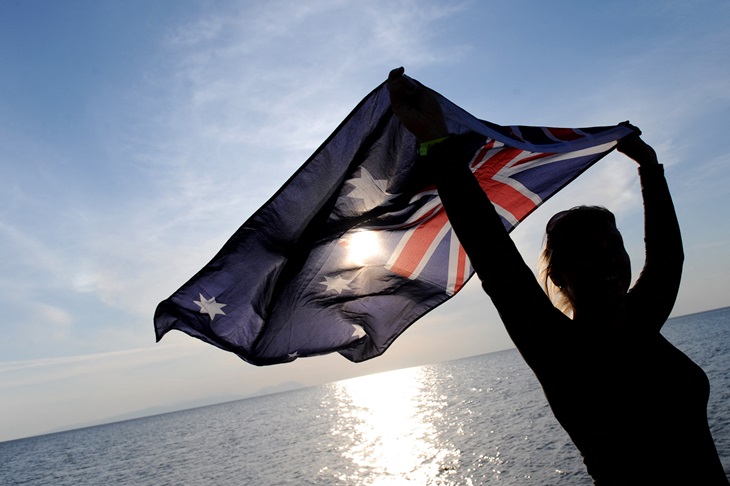
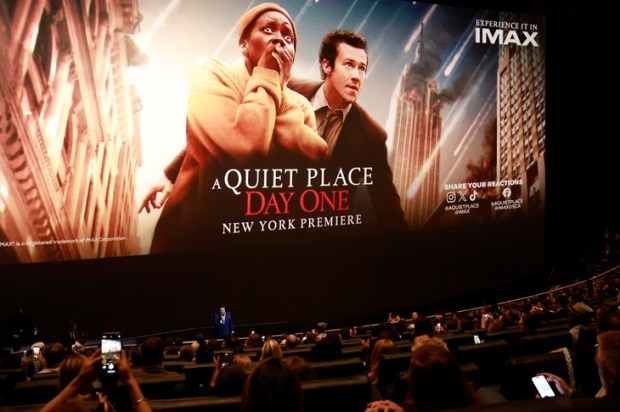
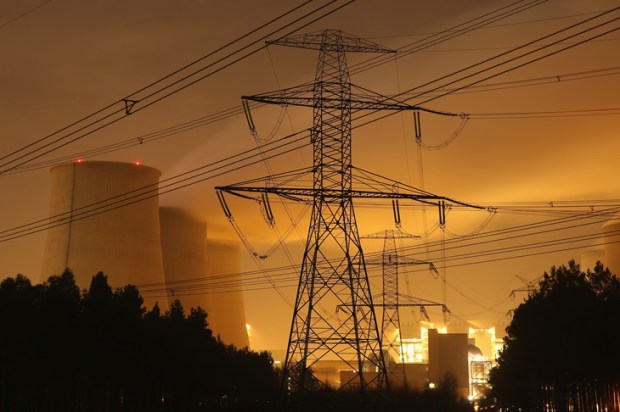

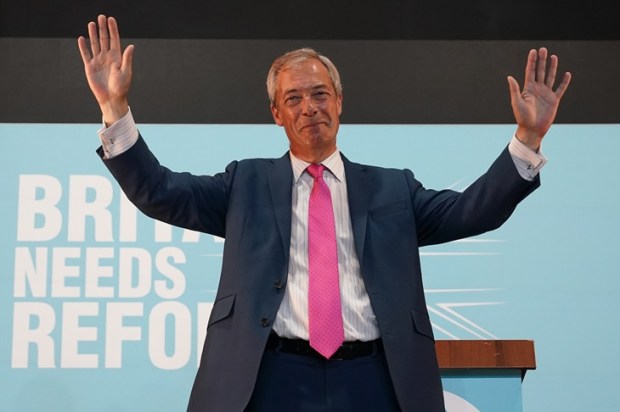
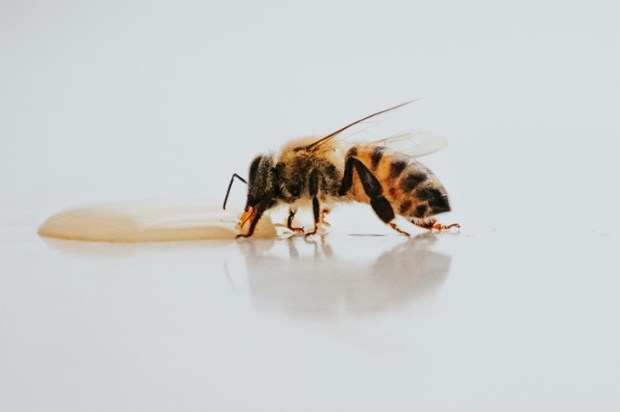
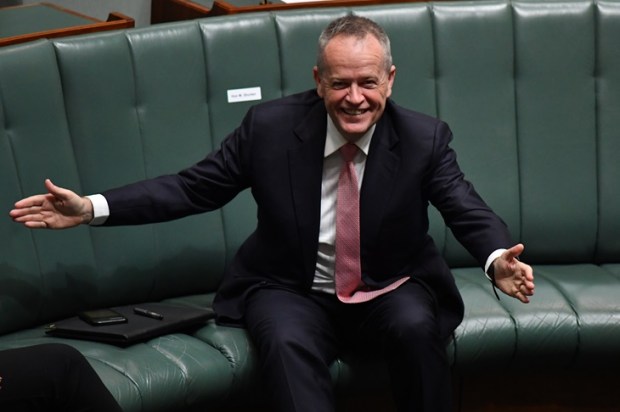


















Comments
Don't miss out
Join the conversation with other Spectator Australia readers. Subscribe to leave a comment.
SUBSCRIBEAlready a subscriber? Log in